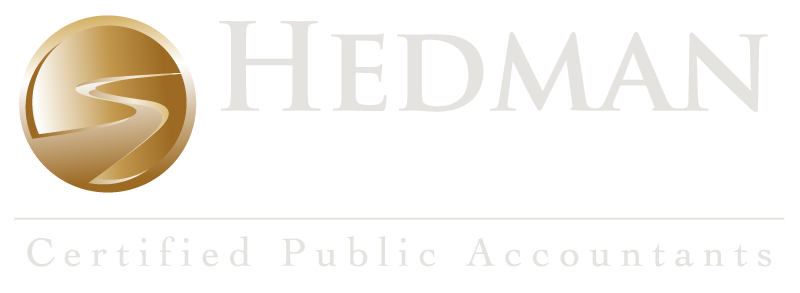The end of the year is often an optimal time for tax planning, but you must be careful to avoid potential pitfalls along the way. Notably, any year-end tax strategies you implement should consider all the latest tax developments.
In particular, Congress has enacted significant tax legislation in recent years, beginning with the massive Tax Cuts and Jobs Act (TCJA) of 2017. Many provisions in the TCJA are effective for 2018 through 2025. Soon after, the Setting Every Community Up for Retirement Enhancement (SECURE) Act was signed into law, designed primarily to enhance retirement savings.
During the height of pandemic, a trio of laws—the Coronavirus Aid, Relief, and Economic Security (CARES) Act, the Consolidated Appropriations Act (CAA) and the American Rescue Plan Act (ARPA)—provided various forms of tax relief. Another law passed in the summer of 2022, the Inflation Reduction Act (IRA), created both new opportunities and obstacles for certain individuals and business entities.
Finally, late in 2022, the law dubbed “SECURE 2.0” built on the foundation of the initial SECURE Act and added several new layers.
- Individual Tax Planning
- Business Tax Planning
- Financial Tax Planning
For your tax planning preparation, we have included the following 2023.01.01 Annual Information Returns Newsletter
Also, June 30, 2022 is the deadline for most employers to register with CalSavers. Please read the following article for more information.
Spidell’s California Taxletter – May 2022
Other informative articles that are available include: Target Date Funds: What You Need to Look For and Don’t Panic if You Receive a Benefit Audit Notice.
Be aware that the concepts discussed in this letter are intended to provide only a general overview of year-end tax planning. It is recommended that you review your personal situation with a tax professional. Please contact us.
